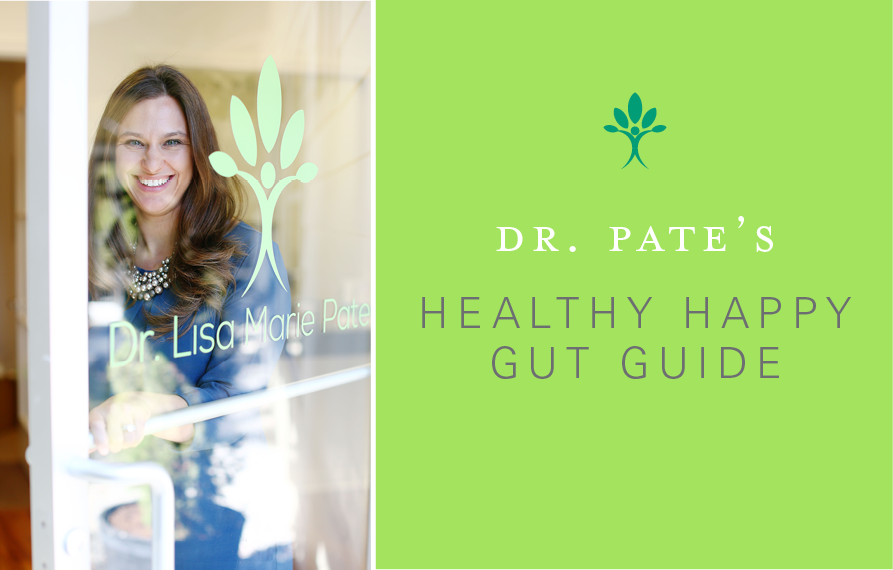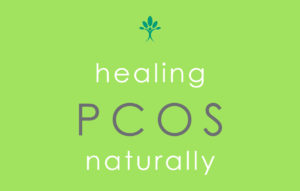You are what you eat, well at least that’s what they say, but is it true? Yes, in fact it is. Scientist have found that different diets create different gut flora, which in turn affects our overall health. Your gut is home to trillions of bacteria and approximately 70% of your immune system. When your gut isn’t working well it can lead to health issues such as constipation, allergies, weight gain, inflammation, headaches, mood disorders (anxiety, depression), arthritis, autoimmunity, frequent colds and more. The bacteria in your gut are incredibly important and are influenced by what you eat, drink and do.
When your gut dwelling bacteria are populated with healthy colonies they assist with digestion, immunity, hormones and processing of vitamins and nutrients. When harmful bacteria take control, this is when disease begins.
Your gut is also home to a majority of your immune system, known as GALT, gut-associated lymphoid tissue. Your GALT is filled with immune cells such as B and T cells. These cells are the first line defense and prevent harmful microbes from penetrating the gut wall. When your gut is unhealthy, the GALT is not as effective at fighting these microbes and can affect the systemic immune system and leave you more susceptible to infection
Wouldn’t you love to have two brains? Well you do, sort of. The gut is also known as the second brain. This is because the gut houses the enteric nervous system. This nervous system consist of some one hundred million neurons and makes use of more than 30 neurotransmitters, including dopamine, serotonin and acetylcholine. More than 90% of the body’s serotonin lies in the gut, as well as about 50% of the body’s dopamine. These neurotransmitters regulate functions such as mood, sleep, sex drive, appetite, memory and learning. Feeling blue or experiencing memory fog, look to the gut, not the brain. If the gut is unhealthy and controlled by unhealthy bacteria, your mood will suffer.
Now that you understand why the gut is so important to overall health, here are my 10 tips to a happy healthy gut:
1. Eat a Whole Foods Diet – Our diet should consist mostly of whole foods, including plenty of vegetables, fruit, healthy whole grains and some meat. Limiting refined foods and sugar is a must for a happy healthy gut. Including foods such as leeks, artichoke, raspberries, garlic, onion, asparagus and artichoke can further enhance gut health because these foods are full of prebiotics – a certain type of fiber, which feeds our healthy bacteria and keeps the gut functioning in tip top shape.
2. Add Probiotics – probiotics and probiotic rich foods help keep our gut populated with healthy bacteria. These foods include kefir, kombucha, yogurt and cultured foods such as kimchi.
3. Try Bone Broths – Bone broths are healing to our gut. Bone broths contain a dynamic array of minerals and amino acids, including glucosaminoglycans or GAGs. Studies have shown that GAGs are beneficial in healing the gut wall and supporting digestion.
4. Add a Digestive Enzyme – digestive enzymes can be helpful in the short term for those struggling with many digestive complaints such as reflux, nausea, excessive burping or gas. This may enhance digestion as you work on the underlying cause of digestive dysfunction.
5. Increase Water Intake – drinking too little water can slow digestion and lead to harder stools and constipation, which can also disrupt the gut flora.
6. Eliminate Sugar – sugar is a quick fuel source for many unhealthy microbes such as yeast. By eliminating sugar, you limit the fuel for these unhealthy microbes and promote a more beneficial environment for our healthy little guys.
7. Eliminate Food Intolerances – a simple food intolerance panel can give invaluable information as far as gut health is concerned. Food intolerances can lead to inflammation and leaky gut. Leaky gut can, in turn, lead to more food intolerances and many systemic issues such as arthritis, memory fog, mood fluctuation and nutrient deficiency due to lack of absorption.
8. Eat Slowly – when you eat slower, you chew your food more. Since digestion starts in the mouth, this is crucial for gut health. When large pieces of food make it to the stomach, they might not be broken down completely and larger proteins move into the small and large intestines. When this occurs it can increase inflammation and fuel unhealthy bacteria.
9. Decrease Stress – stress can wreak havoc on our digestive tract. When the body is under stress, the central nervous system moves into fight or flight. When the body does this, it moves blood flow away from digestion. This, in turn, decreases all digestive activity, including decreased secretions and digestive enzymes and decreased contractions of the smooth muscle in the digestive tract.
10. Exercise – exercise speeds up digestion and decreases stress. Exercise has also been shown to tone the walls of the colon.
Cheers to a healthy happy gut!!



Comments are closed.